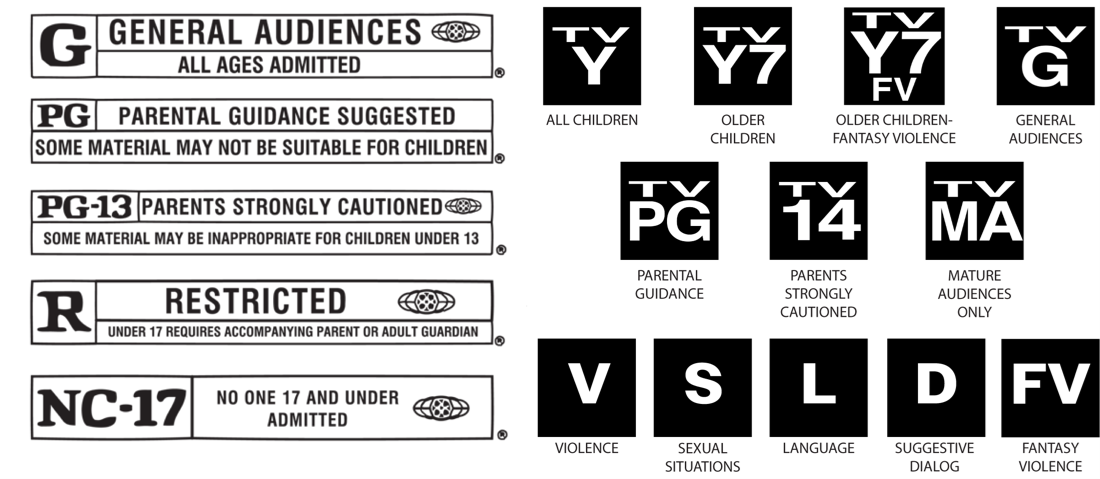Culture As a Tool of Propaganda During Wartime
Culture is the combination of language, music, geography, history, religion, and cuisine that describes people in different world regions. Culture permeates our identity; it is our societal fingerprint.
While media companies use culture to decide which movies or TV shows are more likely to resonate with audiences, regulators use it to enforce legal standards or ban content not in compliance with the local customs. Their stated purpose is to protect their citizens from content that insults their religious sensibilities, is too violent or sexual, keeps objectionable ideas from reaching the public, or is politically divisive. If Government regulators disagree with a title theme or subject matter, they can force changes or halt distribution. However, under certain circumstances, they may favor --and even promote-- titles with themes favorable to the government’s policies or positions. This is more likely to happen in countries with autocratic, theocratic, or monarchical forms of government.
Life During Wartime Propaganda
At no time is this truer than during times of war when the objective culture of media, regardless of form, is co-opted by the government to increase public support of the war effort and demonize the enemy. We’re not suggesting democratic forms of government don’t use media propaganda to engage in similar ways. They do. The difference is that gross deception is employed to make military action cases that aren’t based on fact and instead driven by the leaders' personal, ideological, territorial, or political ambitions. Contrary to countries with more open media and more unrestrained press, opposing viewpoints are heavily restricted or prohibited altogether. The only information the public hears supports the government’s position. There is evidence of this in the current Russia/Ukraine conflict.
In the last few weeks, the Russian government has made a determined effort to stop the free flow of information to its people. It has blocked access to western social media platforms like Facebook and Twitter. It has shut down independent press outlets, criminalized public protests, and threatened any citizen or journalist from any media outlet with a jail term of up to 15 years for reporting or even Tweeting anything other than the official Kremlin position. Those arrested under these laws are accused in court of being “Anti-Russian” and “unpatriotic.”
Variety reported a story on Russian cultural appropriation of film to help promote their motivation for the war. It quotes director Roman Bondarchuk who says the 1997 film “Brother,” “which infected a whole generation of Russians with hatred for Ukraine…” was recently rereleased into Russian theaters. Bellingcat, an investigative website, reported that old video and news footage from the Crimean War in 2014 were reused and redistributed to promote a false flag narrative about the Ukrainian people. Russia deployed media propaganda to convince its citizens that the Ukrainian government was planning attacks on Russian soil or against separatists of Russian descent as a justification for Russia’s invasion. Russian TV aired footage of attacks on Ukrainian civilians and falsely reported Ukraine’s military was behind the attacks “to frame Russia.” The intent is to suggest Ukrainians are the aggressor and, therefore, Russia must go into Ukraine to save fellow Russians.
None of that is true, but it has the desired effect. Russian public opinion polls show President Putin’s job ratings have increased following the invasion, with a reported 69% of Russians approving his performance. The same poll indicates the public also believes Putin is standing up to western intrusion. This poll sits in direct contrast to an independent poll conducted last December when only 8% of Russians supported military action in Ukraine.
Other Effects of Propaganda
The current crisis in Europe isn’t the only example of the misappropriation of culture for ulterior purposes. It is visible in efforts to marginalize LGBTQ+ populations, undermine minorities’ right to vote, women’s healthcare choices, and foment anti-immigrant sentiment worldwide.
Culture is used to educate and entertain audiences, but there is a flip side. It can also be a critical component of wartime propaganda, intended to agitate, anger, and bolster patriotism—all under false pretense.
It is up to the Media & Entertainment industry to empower people from all corners of the Earth to share their stories, to accurately portray underrepresented populations, and export culture respectfully and authentically – all of which will bring about a more tolerant and harmonious world.
Related Posts


SILICON VALLEY
2336-H Walsh Ave.
Santa Clara, CA 95051
+1(408) 550-2344
LOS ANGELES
3900 W Alameda Ave.
Burbank, CA 91505
+1(310) 496-7307









